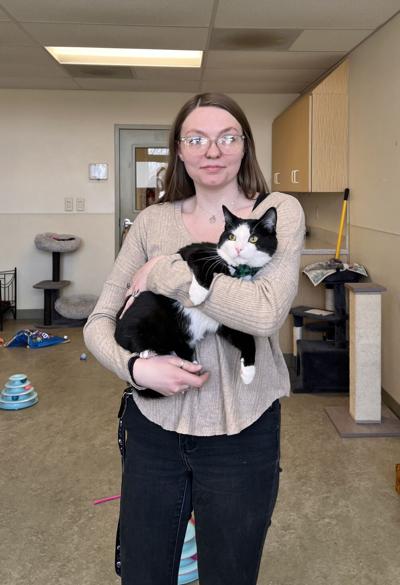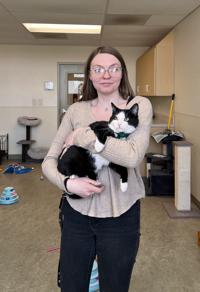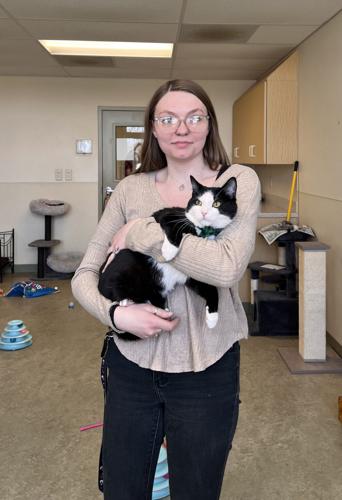By Charlene Marchand
A couple of reminders for all dog owners. We are pleased to announce that our Columbia-Greene Humane Society/SPCA at 111 Humane Society Road in Hudson will be offering to the public monthly vaccination clinics. The clinic dates will be posted on our website, and will be held 8-10 a.m. Saturdays. All vaccinations will be available, i.e. rabies, DHLPP, Bordetella, Canine Influenza, and leptospirosis. These clinics can assist dog owners with the increasing costs of veterinary care.
Owners can take advantage of our weekly wellness clinics as well. Blood can be drawn for heartworm and tick-borne disease diagnoses and more. Clients will be able to purchase appropriate medications at the shelter, once testing is done.
If an animal (cat or dog) needs further veterinary intervention, owners can be advised and referred to local practices. Fecal samples can be brought in for analysis. Many dogs can harbor intestinal parasites without the owners “seeing” them. Roundworms look like spaghetti, and need to be seen on a fresh stool to verify. Worms look like pieces of light rice, again needing to be seen on the stool as soon as the dog defecates. Both of the above “migrate.”
Hookworms and whipworms are not visible. Your veterinary practitioner will advise you that although a stool sample may test negative, it is not necessarily conclusive. Forms only “shed” every 90 days! You must be lucky enough to “catch the shed,” i.e. dogs can still be infested with us thinking that all is well in the parasite department. Some dog owners do a general worming (in between heartworm treatments) to make certain dogs are clean.
Needless to say, these internal invaders can do a job on a dog’s (or cat’s) digestive system and overall condition. Viewing stool quality should be an everyday occurrence. Well-formed, dense stools with little odor should be the norm. Color can vary with the dog’s diet. They should not be voluminous, i.e. good absorption, not a lot of filler in food – no parasites makes for an easy cleanup! Clean your yards daily, parasites migrate into the soil and therefore contaminate your yard. Giardia and Coccidia are protozoans and need specific meds to eradicate, all very doable with good medical care.
Feel free to call us with any questions at 518-828-6044 or visit www.cghs.org. The Food Bank is open to any from the public in need of pet food or for those wishing to donate food from 11:30 a.m.-4 p.m. daily. Spay/neuter clinics for cats are $100 male or female, including a rabies vaccination and a 5-in-1 feline distemper combination vaccination. Nail clipping services are available 10-11 a.m. every Saturday at the shelter for a donation of $10 for cats and $15 for dogs (currently prepaid only).
Charlene Marchand is the Chairperson of the Columbia-Greene Humane Society/SPCA Board of Directors. She may be contacted at cghsaaron@gmail.com.










